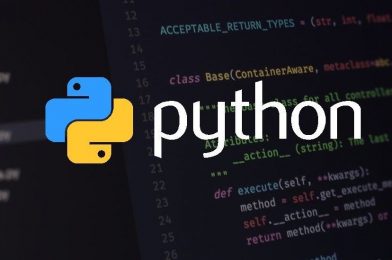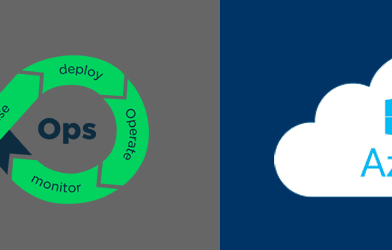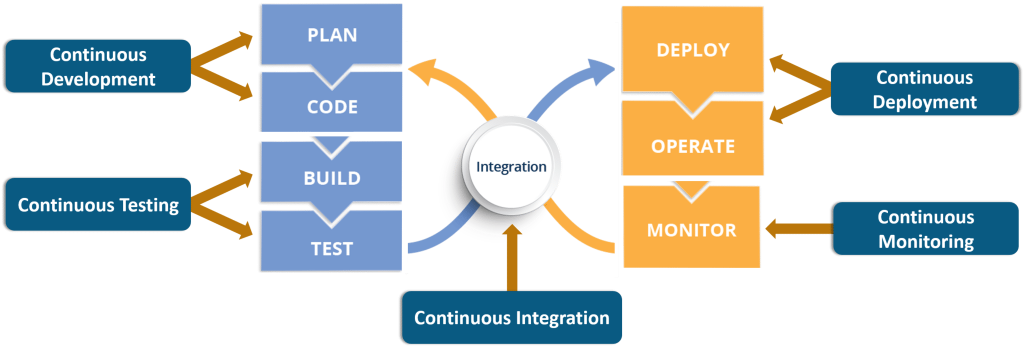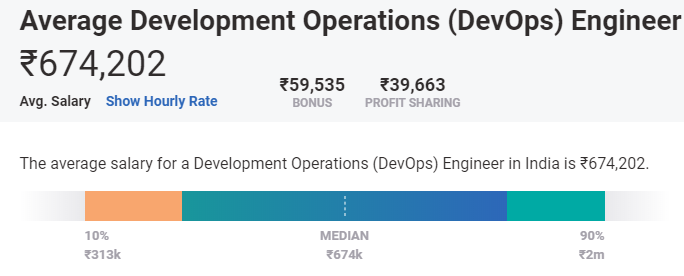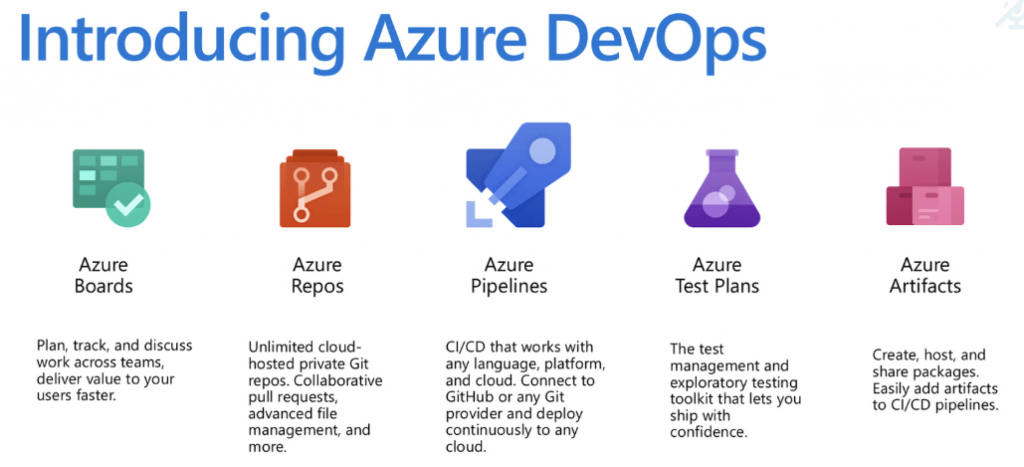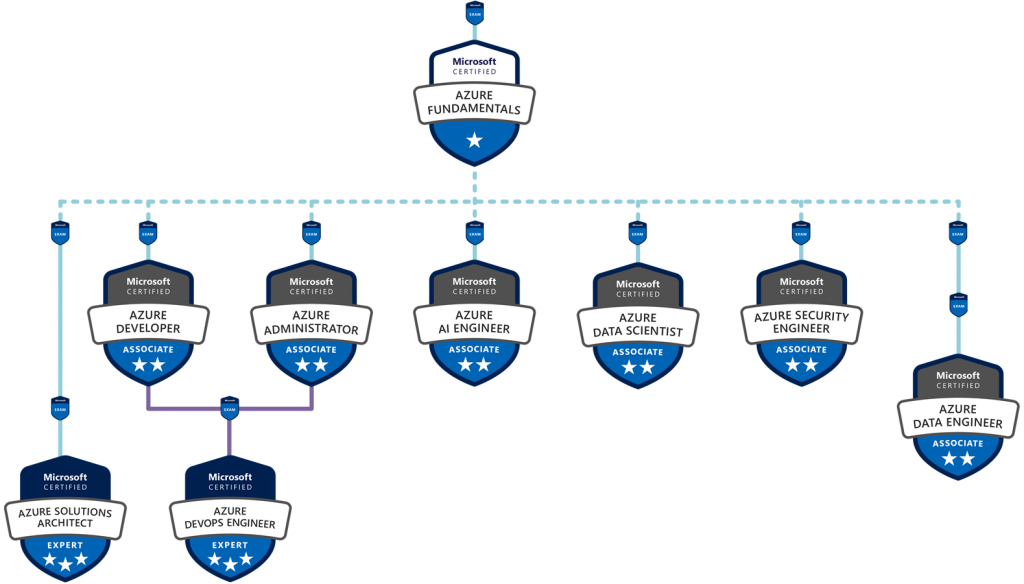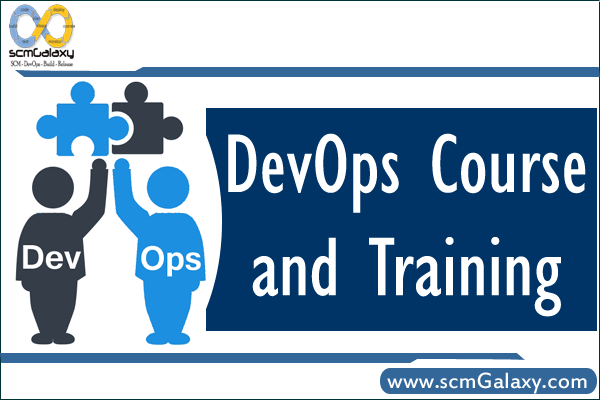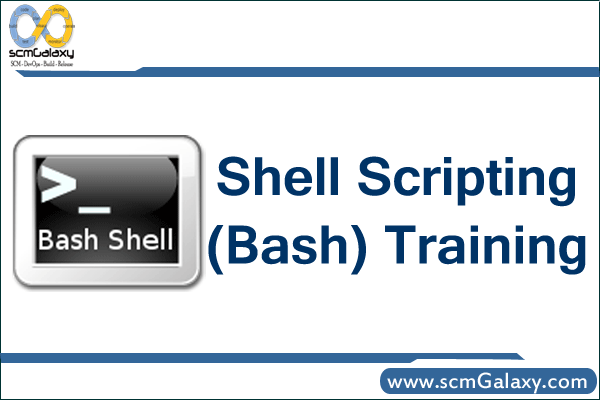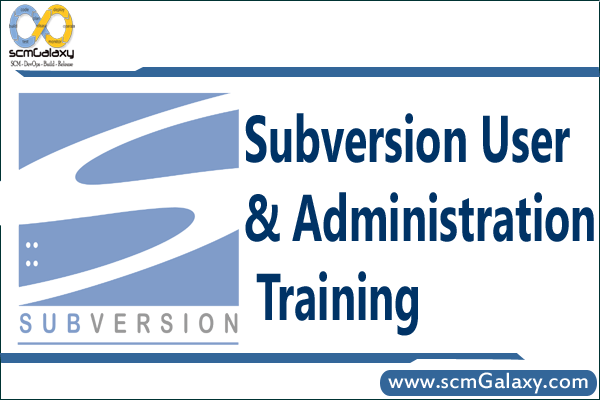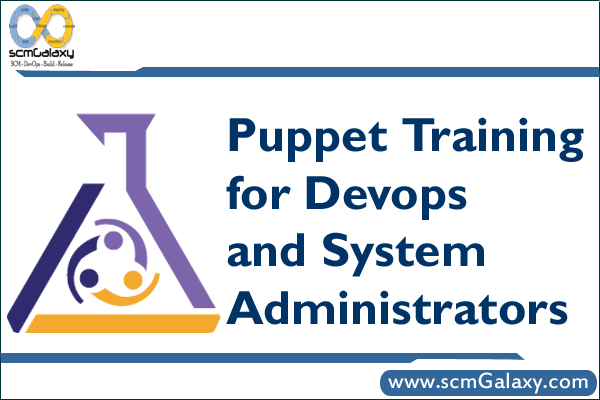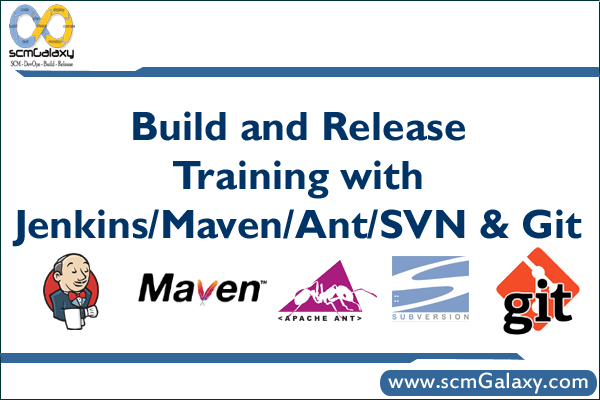Python is a programing language that combines features of C and Java. Python is an object-oriented, with high-level programming language with dynamic semantics. It’s a high-level built in data structures, combined with dynamic typing and dynamic binding, that makes it very attractive for fast Application Development, as well as for use as a scripting or glue language to connect existing components together.
Features of python
- Easy to code
- Free and open Source
- Object-Oriented Languages
- GUI Programming supports
- High-level Language
- Extensible Feature
- Large Standard Library
- Dynamically Typed Language
Why Should You Learn Python?
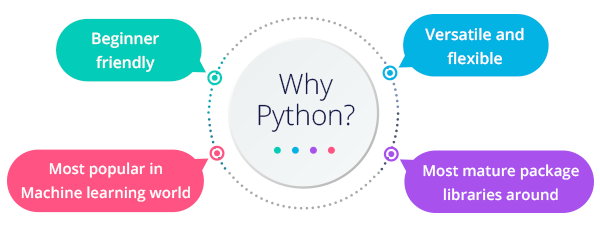
Nowadays, Python has become one of the fastest growing and most popular programming languages in the world. Is it a good choice for your next project though? Python is versatile, it is easy to use and develop.
Moreover, it has a very vibrant community. You can easily find support from the best minds in the field. It is well-loved among both experienced programmers and beginners alike. There are many reasons to learn Python. Some of the reason to learn Python are:
- Versatile, easy to use and fast to develop
- Open source with a vibrant community
- It has all the library required
- Great for prototype (You can do more with less Coding)
- Fast Development speed
- Easy maintenance
- Not native to mobile environment
- Learning Python will keep you relevant
- Python is similar to English
- Python is widely used
How Long Does it Take to Learn Python?
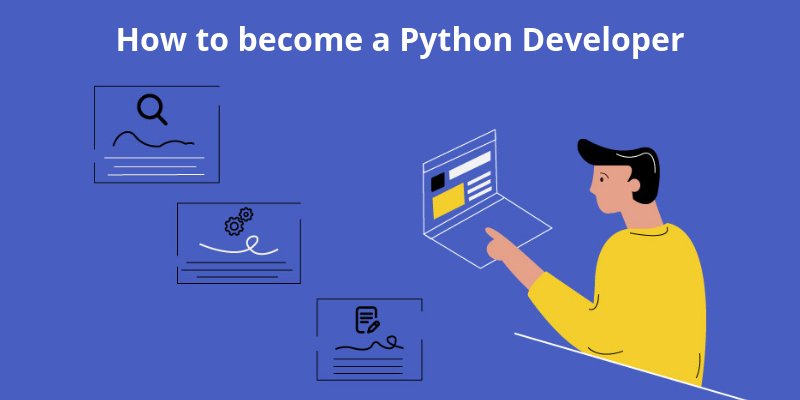
If you’re looking to become a Python expert you have a much longer path ahead of you. In this article, we’ll just look at how long it takes to get a basic, well-rounded understanding of the Python language.
On average, for beginners it takes about 10-12 hours to learn the basics. This will get you enough to understand most lines of code in Python. If you plan on getting into data science or another specialized field, counting in months and years is more appropriate. If you spend your 5 to 6 months to this language, then this matter of time suited those who pan full time work in this.
To learn, plan is simple you should have to spend 2-3 hours a day on computer and practise it on daily basis. One day learn something and next day practise it with fully.
You may need to sacrifice the time you spend watching Netflix, but it’s well worth it for a stellar new career!
Career Opportunities in Python

Python is not only one of the most popular programming languages across the globe, but it is one that offers the most promising career opportunities as well. This demand for Python developers is increasing every year. There is a reason why this high-level programming language is so popular.
Python can be used in several areas, including testing, web development, app development and upgrades, and scriptwriting. If you acquire this skill, you will have more Python career opportunities than you can imagine.
Python Career Opportunities
So what are the options in front of you when you complete your Python learning? Here are a few job roles that you can fill:
- Python Developer
This type of jobs you can except after acquiring the skills of python, you have always open position for Python Developer.
What does a Python developer do?
- Building website
- Resolve problems related to data analytics
- Write codes that are reusable and efficient
- Optimize data algorithms
- Data analyst
This particular job option is mainly for those who like to working with huge amounts of data and finding meaning in that data. This also a popular job role in this domain. There are many companies that are looking for people who can work with the large sets of data that they have access to.
- Product Manager
Product managers comes with an important role to play in this domain when it comes to helping businesses to understand the market and why building one product will be better than building another. Data is a very important part of the work they do. They study the market, research for new features related to a particular product or category, and advocate the building of certain products with facts.
- Machine learning engineer
Nowadays requirement off this particular job role is by 330% in the last couple of years.
A machine learning engineer builds and trains machines, programs, and other computer-based systems to apply their learned knowledge for making predictions.
Why Python skill is essential for every Software Engineer?
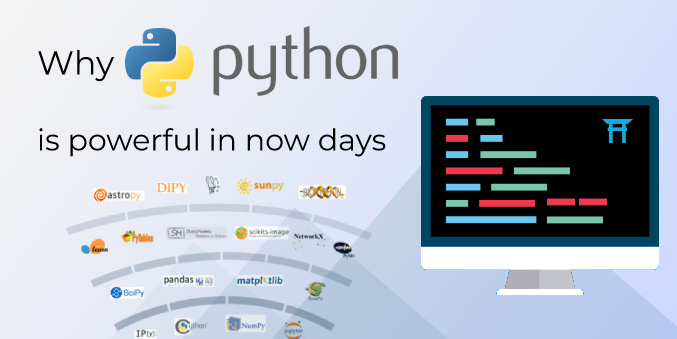
Python is a very popular open-source software development language that offers enhanced process control capabilities. It is able to develop complex multi-protocol network applications
- The career opportunities for skilled professionals are increasing significantly with huge scope for career growth.
- The average salary of a Certified Python Developer is US$116,379 per year.
- There are more Job opportunities for Python professionals in top MNCs when compared to other technologies.
- IT Operations, IT Monitoring, IT Support, & Data Centre teams.
- Professionals who aim to make a career in big data with Python, Professionals having experience of Programming, Software Testing Professionals, Software developers.
Python Job and Salary
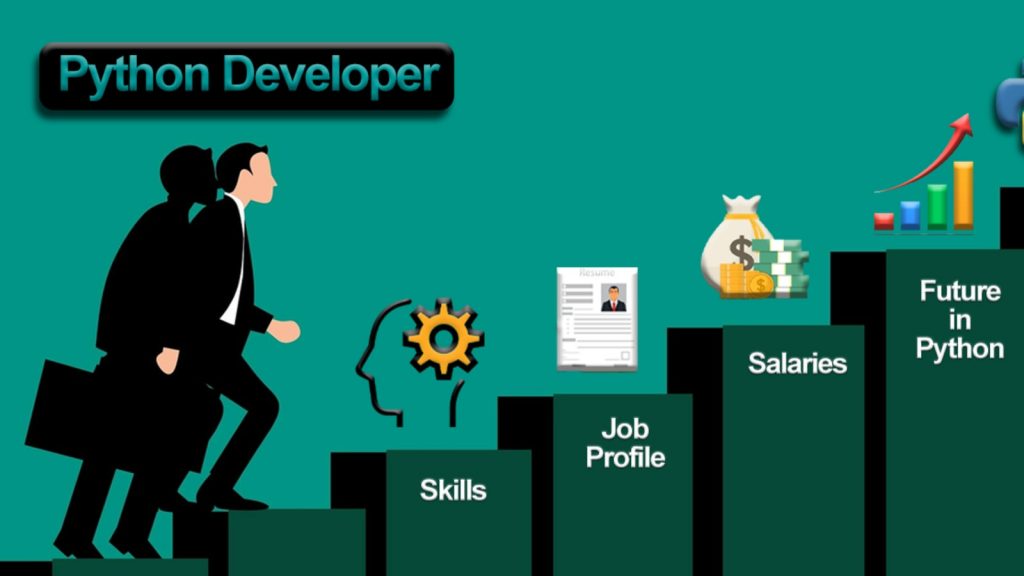
This is the vast and most desire welcome opportunity provide to a Python skilled candidates.
If you are able to strike a balance, you will not have to think too much about your salary after that. You will have the opportunity to work with the world’s most popular names, such as Amazon, Accenture, Cognizant, Tata Consultancy Services Limited, and others. Your career will continue to grow as you gain more experience.
On an averagea senior software developer earn as much as Rs 2,000,000 per annum. Other hand Web developer with Python skills can also earn in the range of Rs 8, 00,000 per annum. Other related job roles include lead software engineer (up to Rs 2,000,000 per annum), data scientist (Rs 7,00,000 per annum), machine learning engineer (Rs 6,70,000 per annum), data analyst (4,17,000 per annum), and more.
The popularity of python increased among developers by the fact that Python is used by some of the biggest names in the world – Facebook, Netflix, Google, and Spotify, amongst others. This points towards one thing – As a professional skilled in python, you will have your chance of working with one of your dream companies.
To make you this clear we shared you some that that According to Naukri.com, there were more than 75,000 open jobs for Python developers in India at the end of 2021. Similarly, the open jobs for Python web developers were around 7000 around the same time.

Conclusion
In this Article, we all discussed on point of a career in python. We provided you the enough information about the salaries what you can expect to earn in different job roles with Python skills We also discussed the options that you can choose as a skilled Python professional depending on your interests.
If you are curious to learn about Python, and make a good career with this skill then I would suggest you please check out DevOpsSchool.com more information.
